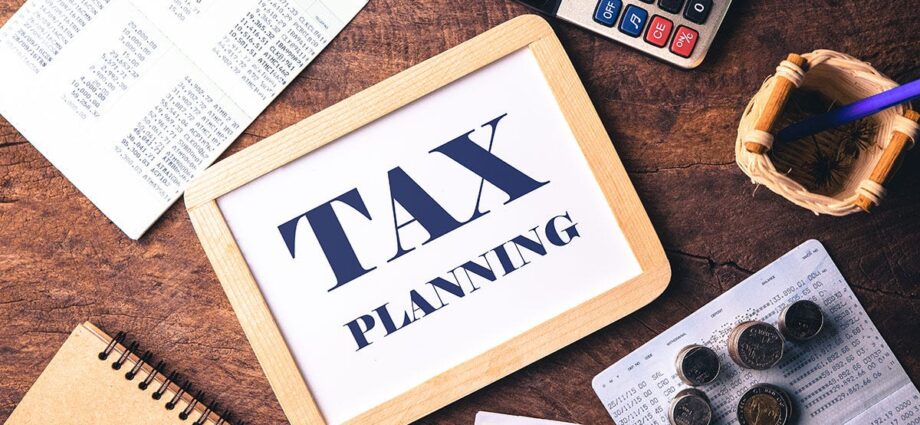Managing taxes is not an easy task. Business owners usually have a lot of responsibilities on their plate, and my two overlook a few things, which might include tax planning. Tax planning is like finding the most efficient ways to manage your money so that you pay the right amount of taxes. Some business owners do not plan their taxes and end up paying more taxes.
Tax planning includes using legal strategies to organize the finances in a certain way that can help you keep the money you have earned. Proper tax planning will help you build your financial plans and increase the profitability of your company. When you talk to a tax advisor in Houston, you will get a clear idea. Tax planning is all about making intelligent choices with the money so that you can minimize the amount of tax you pay while keeping it legal.
What Can A Businessman Do?
- Choose A Business Structure:
The type of business structure you have determines your tax liability. The kind of corporate structure impacts the tax rules and regulations. A partnership and a sole ownership have different tax reporting obligations than a corporation. You can compare the advantages and disadvantages of each business structure with the assistance of a tax expert to determine which is the most tax-efficient for your specific circumstances. Do your research and then choose the one you feel works for you the most. You should know which method will work for you and save you the most money.
- Maintain Financial Records:
For adequate tax preparation, financial records must be precise and kept up to date. Keeping track of your income, expenses, and deductions helps you to meet documentation requirements and support your tax claims. You will have better tax season preparation if you have properly maintained tax records. Good tax records include bank receipts, bank accounts or important financial statements. When the records are organized, it will be easier for you to plan how to save money on taxes.
- Separate Your Expenses:
Separating between business and personal expenses is necessary for accurately calculating your tax-deductible business expenses. One way to do this is to have separate credit cards and bank accounts for your company. By maintaining separate accounts, you can easily keep track of and record your business-related activities, which helps recognize appropriate spending during tax planning. When there are separate expense accounts, you can develop many legal workarounds to save money in taxes.
- Make a Depreciation Plan:
Suppose your company makes use of assets like cars or equipment that have a longer useful life than a year. In that case, you can reduce your taxable income by using depreciation to balance out the expense over several years. This is a very commonly used tactic by multiple businessmen to save themselves from paying heavy taxes.

